Ascension - An Integral Approach to Organisational Transformation
Traditionally change management initiatives are seen as very complex large scale with a long roll out process, and extremely expensive. Organisations are seen as machines that can be engineered. Major change activities require vast amounts of planning and assume a linear approach and resistance is both anticipated and planned for.
There is however another perspective; that organisations are in fact living systems made up of individuals and teams of people who are looking forward to and willing to put their personal efforts into a change initiative that they will be able to contribute and commit to. These teams work in a way that creates change by social innovation, spreading information in a way that develops new ways of thinking and behaving, and that creates cultural tipping points.
How is this done using the Ascension Process? By giving people the capacity to truly think. By working in teams and groups in a way that acknowledges people's contributions, while allowing for the collective intelligence of people to rise up and flourish.
The Ascension Process provides an organisation with the capacity to make viral change in a way that was previously thought impossible.
The Ascension Process offers perspectives, tools, interventions and practices. It asks you to think through what these new practices mean for you and the organisation. We value each individual's perspective, and find that participants learn more effectively from each other than they would learn from just one person.
Photo: NASA
The Ascension Process was developed to help create Insight, Integration, Innovation, and Impact. We have used these four qualities as design principles for the Transformational process. As a result, the proces works to support the cultivation of these qualities at every level of the organisation(i.e, individual, team, and system). Below is a short overview of each quality.
Insight:
Insight occurs when a solution to a problem presents itself quickly and without warning. It is the sudden discovery of the solution to a challenge following trial and error. Ways to enhance insight include: Suddenly seeing the problem in a new way, connecting the problem to another relevant problem/solution pair, releasing past experiences that are blocking the solution, or seeing the problem in a larger, coherent context as well as people helping themselves and others gain clarity by thinking through what things mean for them and what they can do. Research demonstrates that positive emotions increase insight before and during the solving of a problem. People experiencing anxiety showed the opposite effect, and solved less problems by insight. So there is an intentional focus on how to leverage the power of emotions. The Tool Kit helps people develop participant's internal capacity to create insight for themselves and others through practices that develop self-awareness, self-observation and self-management, the foundations of emotional intelligence. Practices that enhance both personal productivity and builds the capacity for resilience, are integrated into the process as well as collective practices that expand the ability to create insight individually and collectively by including others' perspectives that help to reveal greater possibilities than one person can see alone.
Integration:
The act of combining or adding parts to make a unified whole. This includes breaking down silos in an organization and reducing competing commitments as well as enhancing collaboration. At an individual level, it includes integrating aspects of a person's personality, ways of thinking, and perspectives to create enhanced wellbeing. Integration capacity in teams requires the individual to first relate to one another and build trust within the team as well as to commit to a collective purpose to create synergies and effective collaboration.
Innovation:
Innovation is the act of creating something new. It is also a process of introducing new ideas, devices, or methods in a way that makes things better and creates value. Alignment of teams across the organisation around business goals and engaging them in developing, experimenting and iterating on creative ways to deliver on those goals is an example of innovation.
Impact:
The ability to contribute and make a significant difference in the lives of others. Results are a typical measure of impact - both shorter term and long term results reflect the value of the investment made in creating tangible products and services. The Ascension Process promotes practices to create positive impact in a person's life, in their team, at the organisational level as well as in the community and beyond.
For more information about the Ascension Integral Organisational Transformation Process call 1300 133 550 or Contact Us


